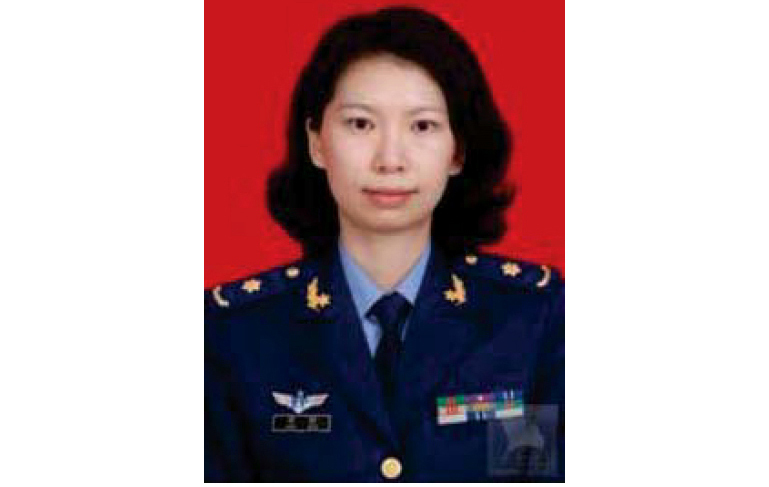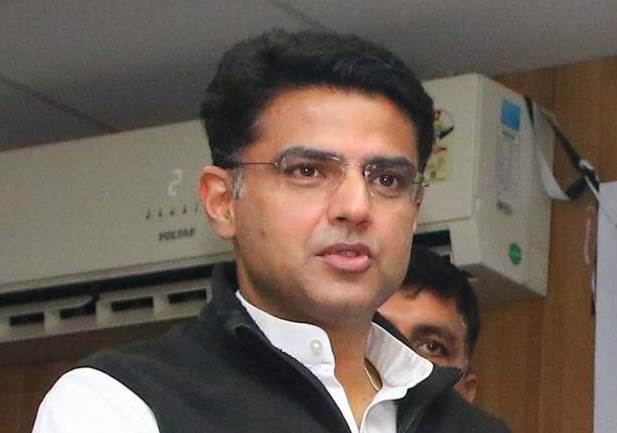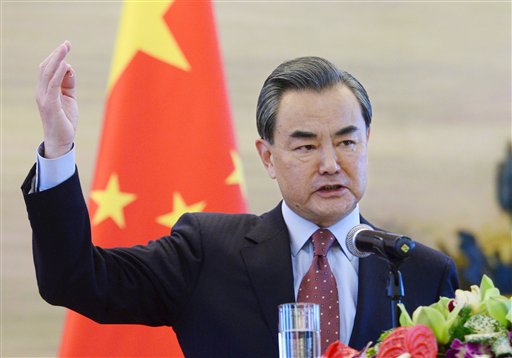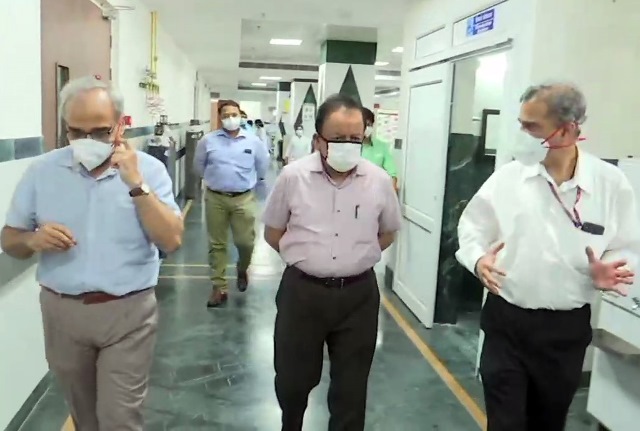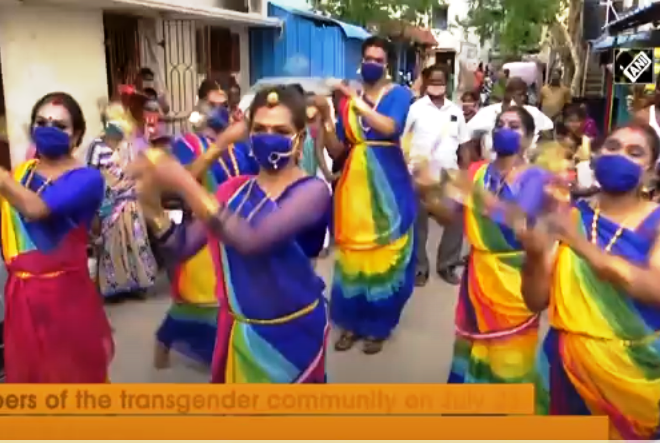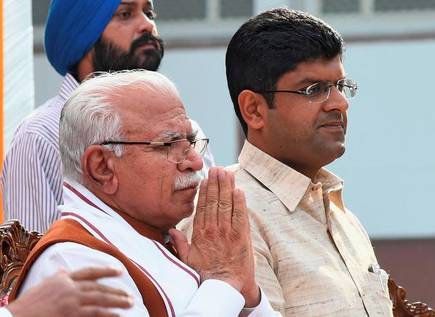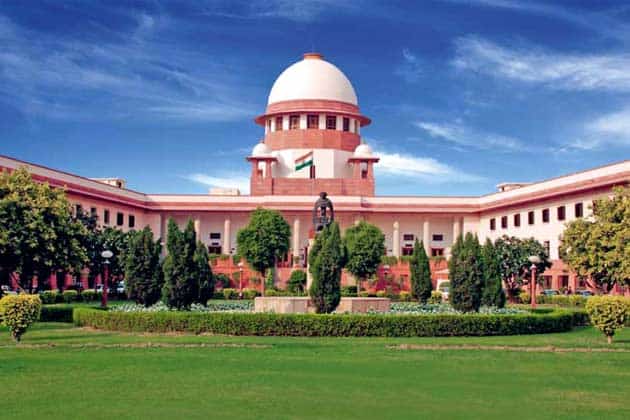The Chinese fugitive researcher, who had been hiding in the Chinese consulate in San Francisco following visa fraud allegations is now in US custody, senior US government officials said on Friday, adding that Beijing is using its diplomatic missions to run an espionage network to steal intellectual property from American universities, research centres and businesses.
Tang Juan, the scientist who said that she was focusing on biology, “was a fugitive from justice until last night,” a senior Justice Department official was quoted by CNN as saying. While Tang has been charged, the circumstances of her arrest were unclear. However, she has not been charged with espionage.
The development came hours before the US’ deadline for China to shut down its consulate in Houston, leading to a retaliatory move from Beijing by demanding Washington to shutter its consulate in Chengdu.
Earlier this week, prosecutors said that Tang hid her connection to the Chinese military for entering the US, by lying to federal prosecutors about her links and subsequently took refuge at the Chinese consulate in San Francisco to evade arrest.
During an interrogation with FBI agents on June 20, “Tang denied serving in the Chinese military, claimed she did not know the meaning of the insignia on her uniform, and that wearing a military uniform was required for attendance at FMMU (Fourth Military Medical University) because it was a military school,” attorneys wrote in a July 20 court filing.
The agency “discovered photographs of her in the uniform of the Civilian Cadre of the Chinese People’s Liberation Army (PLA)” and she was employed as a researcher at FMMU during a search at her home and electronic media.
Tang was charged with one count of visa fraud on June 26.
US officials also said that the Chinese consulate in Houston was implicated in a fraud probe at a Texas research institution. They noted that consulate officials “were directly involved in communications with researchers and guided them on what information to collect”, CNN reported.
The activities in Houston “are a microcosm, we believe, of a broader network of individuals in more than 25 cities. That network is supported through the consulates here,” the Justice Department official said.
“Consulates have been giving individuals in that network guidance on how to evade and obstruct our investigation. You can infer from that the ability to task that a network of associates nationwide,” the official added.
A senior State Department official told CNN that the idea to shut the Chinese consulate in Houston came this spring after China interfered when US officials returned to the consulate in Wuhan, which was shut due to the COVID-19 pandemic, to retrieve diplomatic materials.
In a blatant violation of the Vienna Convention, which governs diplomatic relations, Chinese authorities refused to allow the US officials to leave Wuhan with the pouches, arguing that they had to search them before leaving. This incident left US Secretary of State Michael Pompeo irate, the official said.
“By their very nature, consulates are a base of operations for foreign governments in the United States, including the intelligence services,” the senior Justice Department official said, but “the sum total of the Houston consulates activities went well over the line of what we are willing to accept”.
The official stressed that although the activity of concern is illegal, it is “not necessarily amenable to criminal charges, among other reasons because of the diplomatic immunity that consulate officials enjoy”.
“You are not necessarily going to see many prosecutions tied specifically to the Houston consulate as a means of disrupting that activity. That tool just is not as available to us in this context as it would be elsewhere,” the official said in a call with reporters.
The US gave China until Friday afternoon to shut the Houston consulate. The Justice Department official said that unless Washington “disrupted” the activity at the facility, it “threatened to become even more aggressive in Houston and at other Chinese consulates nationwide”, according to CNN.
“Our focus is on disrupting this activity out of Houston as well as deterring similar activity by Chinese officials and other consulates. Closing the Houston consulate and presenting relocation of those officials accomplishes both of those goals,” the officials said.
A senior intelligence official who took part in the briefing for reporters said that the sheer scale of China’s activity meant that the US is “not going to arrest our way out of” the challenge posed by Beijing’s espionage activities. “The problem posed by China is too large, so we’ve changed our tack to focus on communication and understanding,” they said.
The official noted that the US has seen a 1,300 per cent rise “in cases related to economic espionage and China over the last 10 years.” The increase is due to enhanced communication and understanding of the threat,” rather than a marked spike in Chinese activity, the official added.
“China has always been doing this,” the intelligence official was quoted as saying, adding that Washington had only begun to gauge the depth and breadth of the recruitment efforts in the last three years or so.
The official said that the FBI has “about 2,000 active counterintelligence investigations tied to China, and we open a new case about every 10 hours”.
On the other hand, the senior Justice Department official said that “of all the cases we have brought over time alleging the theft of trade secrets, about 60 per cent of those cases have some connection to China”. The official added in 80 per cent of those cases, Washington has “the unclassified proof that allows us to allege that the crime was intended to benefit a government”.
“We have, over time, seen consistently that China, as well as the companies doing business there, represent a disproportionate share of our trade secrets and economic espionage prosecutions,” they said.
As the US ordered the Chinese consulate in Houston to be shut, a rattled China, fearing further actions from Washington, told the US Embassy in Beijing that it was withdrawing consent for the establishment and operation of the US Consulate General in Chengdu.
Wang Wenbin, a spokesperson for the Chinese Foreign Ministry, claimed that US consular personnel in Chengdu were “interfering” in China’s internal affairs and “harming” the country’s national interests.
In the backdrop of rising US-China tensions, Secretary of State Michael Pompeo, in an address at the Richard Nixon Presidential Library in California, said on Thursday (local time) that “distrust and verify” will be the new approach by Washington with regard to its dealing with Beijing.
He called on countries to pressurise the Chinese Communist Party (CCP) to change its behaviour in more “creative and assertive ways”. (ANI)
